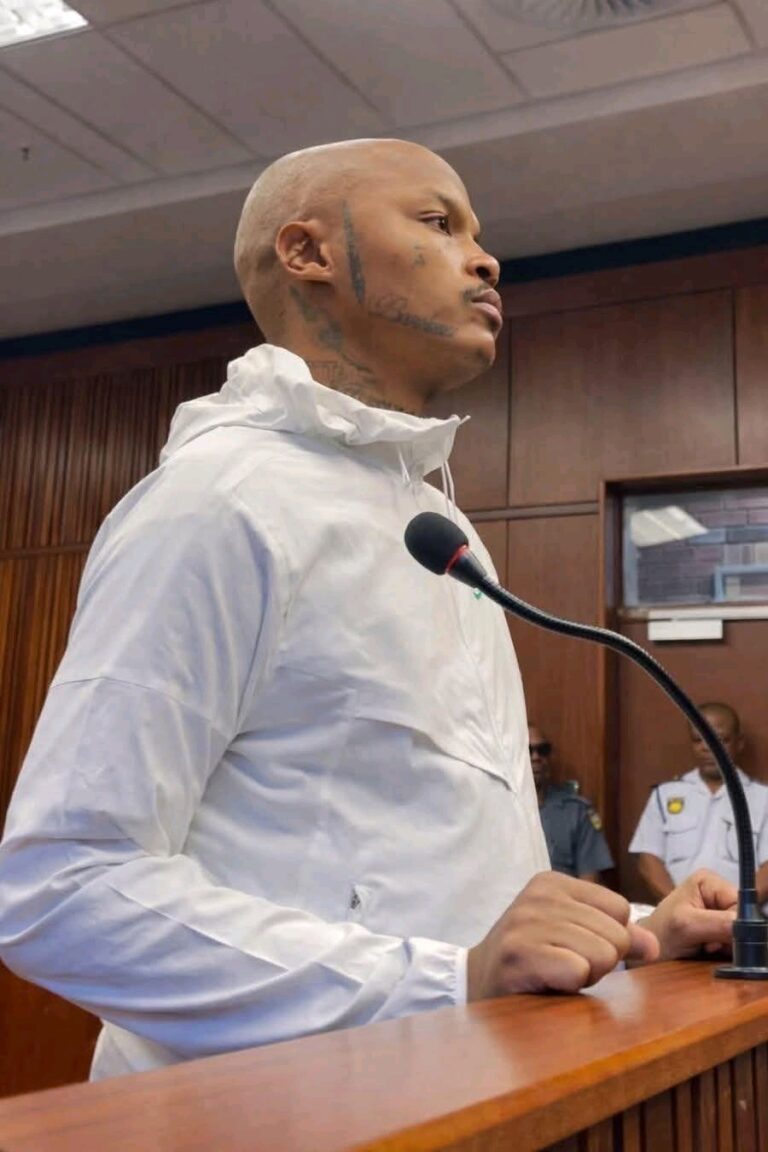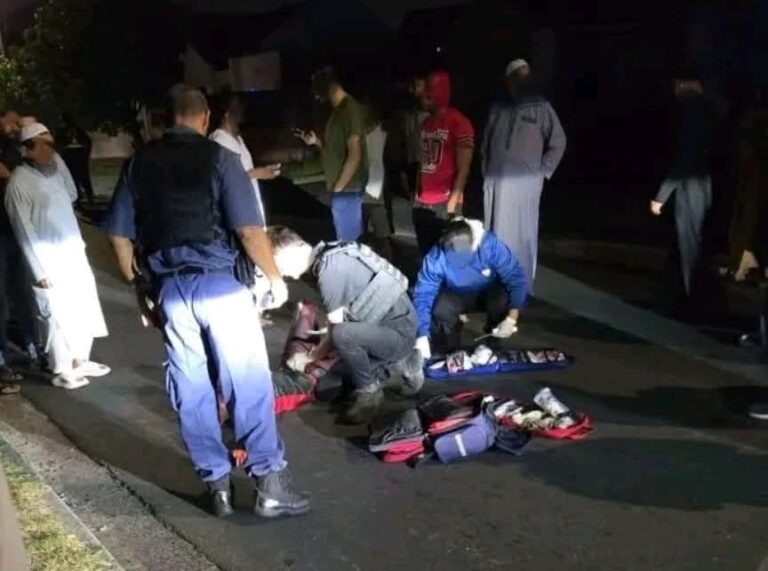
South African vocalist Nomcebo Zikode, best known for her powerful performance on the international hit “Jerusalema,” has encountered a significant setback in her legal battle against Open Mic Productions. The dispute, centered around royalty payments for the 2019 chart-topping song, has been ongoing for several years, drawing public attention both locally and internationally.
On May 9, 2025, the Gauteng High Court in Pretoria ruled in favor of Open Mic Productions, dismissing Zikode’s claims for unpaid royalties. The court determined that the singer is still contractually obligated to deliver two commercially viable albums under the label before she can seek separation or demand any additional compensation. This decision has dealt a blow to the Grammy-nominated artist, who has long fought for what she claims is her fair share of earnings from the global success of “Jerusalema.”
The song, produced by Master KG and featuring Zikode’s stirring vocals, became a worldwide sensation in 2020 during the COVID-19 pandemic, spawning dance challenges and topping charts across Europe, Africa, and the Americas. Despite the track’s viral success and commercial popularity, Zikode has repeatedly alleged that she has not received proper payment for her contributions. She has also expressed frustration over what she perceives as a lack of transparency and accountability from Open Mic Productions.
In a statement following the court’s ruling, Zikode shared her disappointment but reaffirmed her commitment to both her artistry and her fans. She emphasized that the legal loss does not mark the end of her journey but rather a reminder of the challenges artists face when navigating contracts and the business side of the music industry. Supporters have rallied behind her, with many on social media calling for fair treatment and proper recognition of her role in the song’s success.
Despite this legal hurdle, Zikode remains undeterred in her musical pursuits. She has continued to produce new work and perform globally, proving her resilience and passion for music. Her recent releases have been well-received, further cementing her position as a powerful voice in South African music. Zikode has also hinted at new collaborations and projects on the horizon, showing no signs of slowing down.
The court’s decision underscores the broader conversation around artist rights and contractual obligations in the music industry, especially in South Africa. As the legal and financial complexities of music production come under greater scrutiny, Zikode’s case serves as a high-profile example of the need for reform and clearer protections for artists.
While this chapter may have closed with a setback, Nomcebo Zikode’s talent and determination continue to shine. Fans and fellow artists alike are watching her next moves with anticipation, confident that her voice—both musically and in advocacy—will remain strong.







